Upcoming Trump-Moon Summit
President Moon will be meeting with President Trump at the White House on 11 April to discuss the path forward for reconciliation with the DPRK. Before that meeting, the DPRK will convene the first session of the 14th Supreme People’s Assembly, which will be the first time a DPRK leader was not elected to the Assembly — possibly indicating upcoming constitutional changes. Secretary of State Pompeo indicated that the US would be watching the results of the SPA when he told CBS This Morning that the US hopes Kim Jong Un will announce the need for engagement with the US and denuclearization.
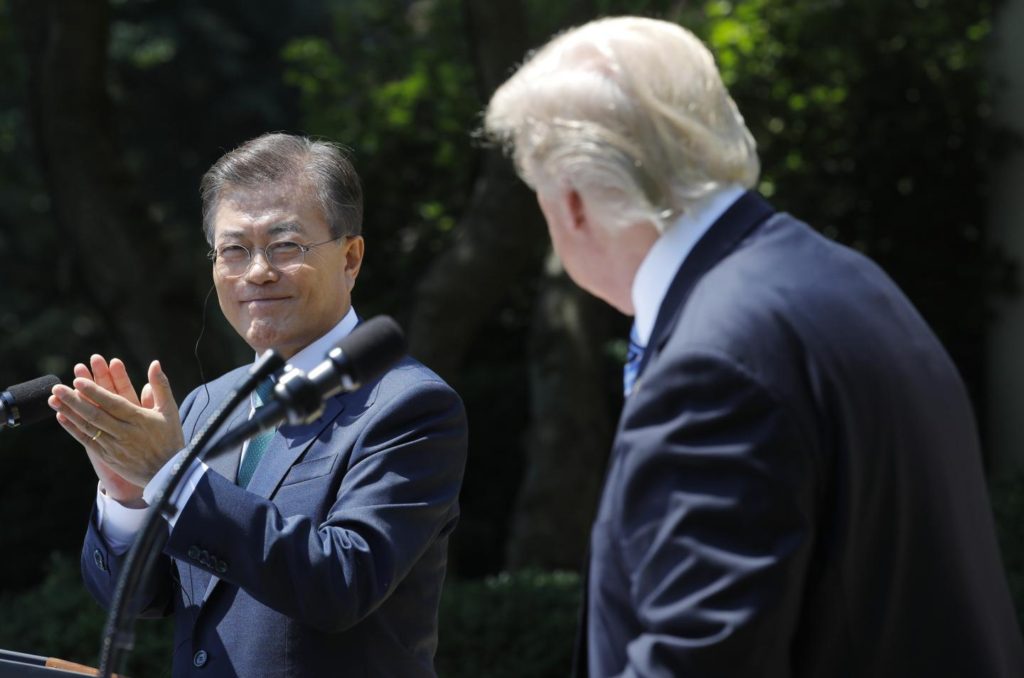
Moon’s Push for inter-Korean Economic Cooperation
Despite the opposition parties’ objections to President Moon’s nomination of Kim Yeon Chul — critic of DPRK sanctions — as unification minister, Kim was sworn in on Monday. During his inauguration speech Kim stated,
It is time for us to reap the fruits of peace that we have sown so far. We need to seize the opportunity for co-prosperity of the South and the North. We never know when such a chance will come again if we miss it. I will work hard to strengthen a virtuous circle in which we strengthen peace by using business as a link and strengthen economic cooperation again based on the peace.
President Moon’s appointment of Kim demonstrates his continued commitment to pursue inter-Korean economic projects despite the recent US State Department’s refusal to exempt inter-Korean projects from sanctions. Moon has remained committed to pursuing these projects even after the collapse of the Hanoi summit in February leading to his nationalist speech on the 100th anniversary of the 3.1 Movement.
The coming 100 years will differ from the past in quality. We will push ahead with a bold transition toward a new Korean Peninsula regime and prepare for unification.
The new Korean Peninsula regime refers to the order of the coming century in which we will take on a leading role. Working together with the people and with North Korea as well, we will create a new order of peace and cooperation.
Recently, the ROK disclosed an investigation into a ROK-flagged oil tanker suspected of illegal ship-to-ship transfers with DPRK ships. The timing of this disclosure seems to reflect an effort to reassure Trump that the ROK is serious about maintaining the sanctions regime, despite the UN PoE report outlining Moon’s unilateral sanctions evasions. Additionally, Moon is expected to advocate for sanctions relief when he meets with Trump on 11 April.
Interestingly, the DPRK became the 90th state to join the UN Convention on Contracts and International Sales of Goods. The Convention provides for standardized rights and obligations in international trade and is set to enter into force for the DPRK in April 2020. Moreover, the Blue House has indicated that Kim Jong Un may attend the third ASEAN-ROK summit held in the ROK later this year. These developments seem to reflect the expectation that the DPRK will be granted some sanctions relief and allowed to participate in the international economy.
Trump’s Constraints
President Trump’s DPRK policy has been largely incoherent, likely reflecting the internal division within his administration. Trump confused legislators, administration officials, and journalists alike when he announced the withdrawal of sanctions that did not exist. After Press Secretary Sanders indicated Trump “liked” Chairman Kim, Representative Tom Malinowski — former assistance secretary of state for democracy, human rights and labor — pressed Secretary of State Pompeo on “what’s to like” about KJU? Unsurprisingly, Pompeo opted to side-step questions about DPRK labor camps, the execution of Jong Sang Thaek, the assassination of Kim Jong Nam, and the death of Otto Warmbier.
Although President Trump has expressed hope that the DPRK will put economic development ahead of weapons development, United States Forces Korea commander Gen. Abrams testified, “Their activity that we have observed is inconsistent with denuclearization.” Further, the Pentagon’s top Asia policy official, Randall Schriver, testified that “… to date we have not seen movement on denuclearization.” This lack of substantive progress on DPRK denuclearization is damaging to Trump as he prepares for the election campaign while most Americans don’t believe the North will denuclearize.
The Summit
Although the ROKUS alliance is frequently referred to as “forged in blood,” the current state of that alliance is questionable. Trump, for his part, has indicated a desire for the ROK to pay more for US security guarantees and often characterized joint readiness exercises as costing too much. However, Trump Administration officials must be aware of the risks associated with letting Moon go his own way.
Moon has been referred to as “Kim Jong Un’s top spokesman at UN” in a Bloomberg article that outlined Moon’s attempts to convince the international community of KJU’s sincerity. For the author of that article’s trouble, the ruling party used racial epithets to directly target her leading to Moon supporters threatening physical violence against the “traitor.” These events culminated with a Reporters Without Borders (RSF) statement condemning the ruling party for its attacks against journalists while the Blue House remained silent. Unfortunately, this was not Moon’s first attack against freedom of speech.
The ROK government banned a DPRK defector turned journalist from covering talks with DPRK officials due to “special circumstances.” Prior to that, the Moon Administration, with help from labor unions, initiated a hostile takeover of ROK broadcasters MBC and KBS. This post by Dr. Tara O does an excellent job of illustrating further Moon Administration actions against its dissenters. With approval ratings steadily falling the Moon Administration cannot continue attacking journalists without suffering serious domestic backlash, something the Trump Administration would like to avoid.
Given the current state of US domestic politics, ROK domestic politics, and the political capital both Trump and Moon have invested in DPRK denuclearization, it’s likely that President Trump will provide some sort of statement with Moon indicating his desire to move forward with the peace process. Moreover, my assessment is that Trump will push for sanctions exemptions for inter-Korean economic cooperation projects against the advice of his advisors. This will likely set the stage for a third US-DPRK summit where they may discuss dismantlement, but will never discuss denuclearization as the US defines the term.
If Trump does not offer these concessions to Moon, based on Moon’s past history, my assessment is that the ROK will continue to unilaterally violate sanctions. However, if Trump gives up too much then Moon will move forward with his goal of creating an inter-Korean confederation.
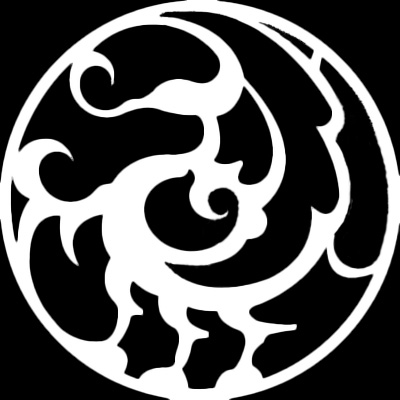
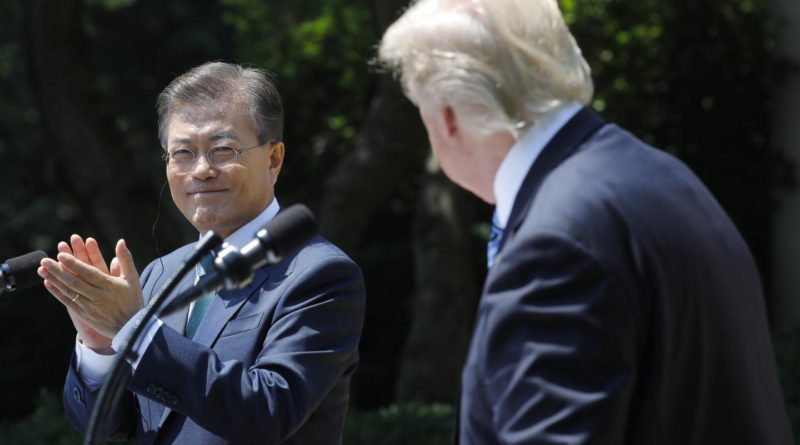
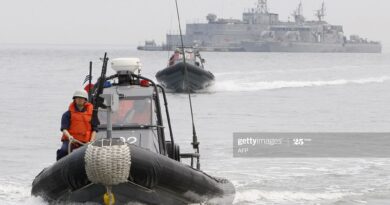
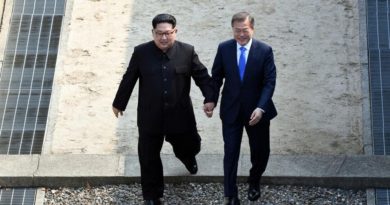
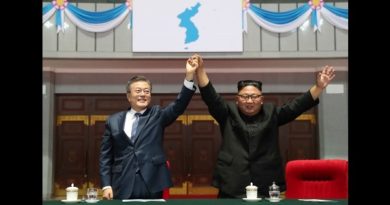
Pingback: President Moon at a Crossroad - SAMJOKO
Pingback: Kim Meets President Putin - SAMJOKO